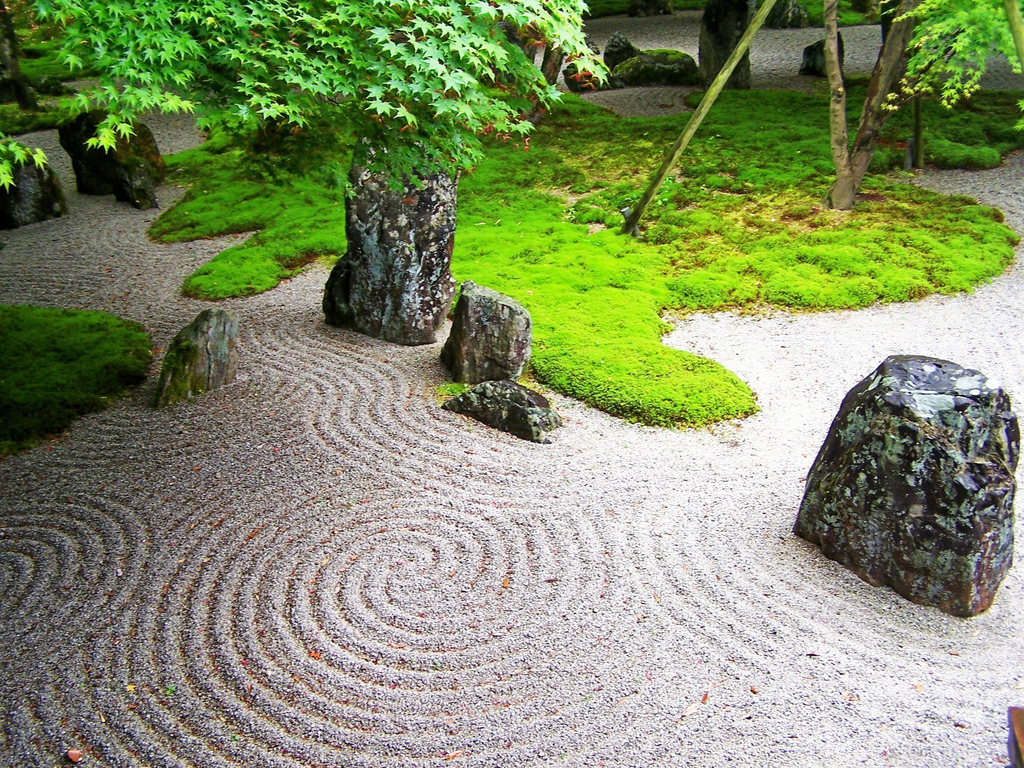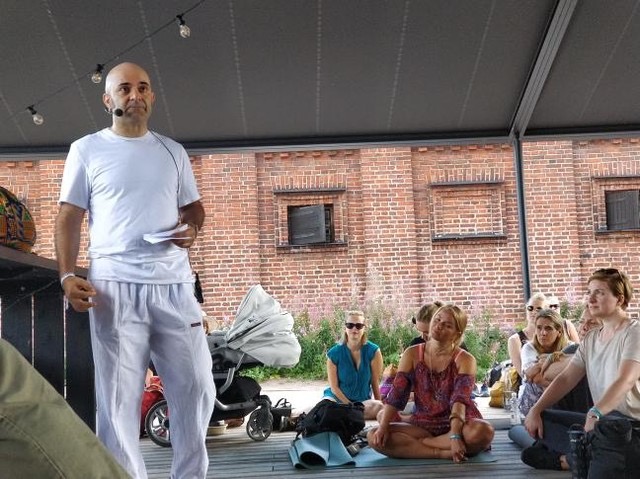By popular request, I’m holding another series of Staying Sane Seminars this week.
Now, attendance at the seminars has been robust, but not exactly internet-breaking. I myself just took an online seminar on marketing, and my instructor would tell me that I need to do a better job of letting you know what these seminars are and who they’re for.
To that end, I will be sharing with you today a little bit more about my background and thinking:
- Why these seminars are necessary
- What qualifies me to teach you this stuff
- Why this stuff is worthwhile
- Who it’s for
- What’s in these seminars anyway
1. WHY THESE SEMINARS ARE NECESSARY, PANDEMIC OR NOT
Here’s the deal: the universe was kind enough to drop the most complex machine in the entire cosmos into your cranium. It’s called your brain.
Unfortunately, the universe forgot to give you an owner’s manual. So most people — and by “most” I mean 99.964% — are running around feeling feelings and thinking thoughts that don’t necessarily serve them all the time. Stuff like fear, doubt, worry, self-loathing, shame, loneliness, and various flavors of self-inflicted misery.
What makes things worse is that evolution designed our magnificent brains for survival on the African savanna 300,000 years ago. This is before the era of gridlock traffic, report deadlines, “Real Housewives” and competitive kindergarten admissions. So there’s a lot of evolutionary mismatch between what our brains are optimized for and the challenges we encounter in 2020 C.E.
That means all of us have these ancient brains that aren’t adapted to modern environments. So we don’t feel so good all the time. And that’s where I come in.
2. WHAT I HAVE TO TEACH YOU (a.k.a. who the hell is this guy anyway)
Hi there! Dr Ali here. I have been studying how the mind works for over 20 years now. As an undergraduate physics and biology major at Harvard, I did lab research in neuroscience. After that, I studied medicine and workings of the body-mind at UC San Diego School of Medicine.
One day I sat in on a class on clinical hypnotherapy to heckle it. I found that hypnotherapy was effective beyond all reason for many conditions — and massively underused. Subsequently I got certified in it not once but twice, and have been practicing clinical hypnotherapy since.
I also got twice certified in another mind-healing modality called Neuro-Linguistic Programming (NLP). Like an antibiotic, it was very effective for treating specific things. And when it worked, it was mind-bendingly effective. It could do in 20 minutes what 3 months of therapy couldn’t accomplish. Like magic.
Since 1999, I have been studying and practicing yoga. Yoga is a supremely powerful way to train the mind, and fortunately, it has become more popular in recent years. These days, people think of yoga as mostly aerobics with Sanskrit. Although doing “yoga booty ballet” is still better than not doing it, the truly transformative aspects of yoga are in meditation and breathwork.
I’ve also attended dozens of personal development workshops and lectures, from the mainstream (e.g. Tony Robbins), to the offbeat (e.g. Wim Hof ice baths), to the esoteric (inner fire Tibetan tummo tantra taught by a reincarnated lama). And I read 160 nonfiction books a year, mostly on psychology and personal development.
I’m telling you all this because you need to know that these Staying Sane Seminars aren’t just any old seminar. They’re a collection of THE best, most effective practices I’ve gathered over the past 20-some years. Stuff that works astonishingly well to transform the way you feel and think.
I call it Creative Repatterning: you’re using the creativity of your own mind to change its patterns.
You know how you feel after watching a Cirque du Soleil performance? How you say “wooow” a few times, and feel like a different person? Senses elevated. Mind expanded. Think of this as the Cirque du Soleil of personal development seminars.
Definitely not ordinary.
And for the time being, they’re free. Come on down.
3. WHO THESE SEMINARS ARE FOR
Who is this for? Anyone with a mind. Especially one that experiences occasional disquietude and suffering.
Access greater equanimity. Diminish stress, anxiety & worry. Build a happier you no matter what’s happening. Join me, Dr Ali Binazir, as I share with you Creative Repatterning techniques for altering your body-mind that are quite literally life-changing.
Click on the link to register via Zoom:
Wednesday, 22 April 2020, 1pm PT/4pm ET/9pm London/6am Sydney(+1)
Thursday, 23 April 2020, 1pm PT/4pm ET/9pm London/6am Sydney(+1)
Friday, 24 April 2020, 5pm PT/8pm ET/1am London/7am Sydney(+1)
Saturday, 25 April 2020, 11am PT/2pm ET/7pm London/stay sleeping Sydney
4. WHAT’S IN THESE SEMINARS
So far some of the topics we have covered:
Meditation:
- Focus and calm the mind and clear it of thoughts (hum-sau)
- Becoming more compassionate towards others and self (metta or loving-kindness meditation)
- Re-processing and transforming uncomfortable emotions (Tibetan tonglen)
- Practicing integration of the full self (Dr Dan Siegel’s Wheel of Awareness)
Emotional self-regulation:
- Byron Katie’s “The Work”: a crazy-effective process for dealing with challenging people and situations
- Whack-the-Ball: diminish painful emotions instantly
- The Volume Dial: diminish suffering or physical pain on demand
- Breathing techniques
- Re-framing with modal operators
Useful concepts and stories to shift your energy:
- Spanda: the technique from Kashmiri Shaivic tantra to feel the vibration of the universe
- Embodied cognition and the pen technique: the body leading the mind in feeling
- Name it to tame it: Naming emotions as a way to make them more manageable
- Meta-cognition: how to have thoughts about your thoughts
- How to generate and move energy through your body to change how you feel
- Create your own happiness playlist on Spotify, or just use Dr Ali’s Moodlifter
5. INTEGRATING THIS STUFF INTO YOUR LIFE
If you’d like to get better at regulating your own feelings and developing an unshakable foundation of happiness, I’ve been working on a course that I’ll be starting soon for 20 people. If you’d like to be part of this first cohort, fill out the application here.
I have time slots for 3-4 one-on-one coaching sessions per week. They are $200/hr, or $100 for 30min. If you’d like to book one of those, click here.
Additionally, I have for you recordings of the first 6 seminars. Each one is different, with at least 80% new material:
Happiness Engineering in Trying Times 1
Staying Sane in Trying Times 2
Staying Sane in Trying Times 3
Staying Sane in Trying Times 4
Staying Sane in Trying Times 5
Staying Sane in Trying Times 6
Staying Sane in Trying Times 7
Staying Sane in Trying Times 8
Staying Sane in Trying Times 9
Staying Sane in Trying Times 10

